Rupert Guinness: Finding Flanders
Australian recalls his first encounter with De Ronde
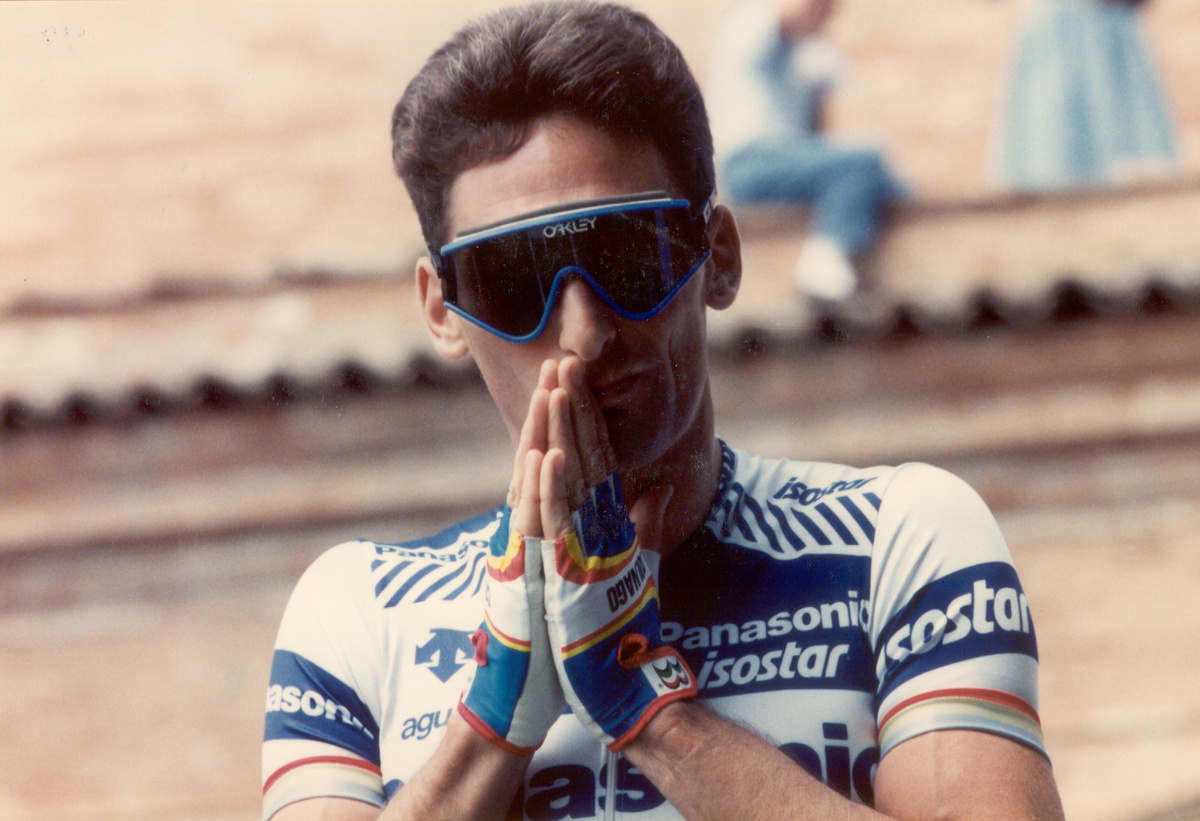
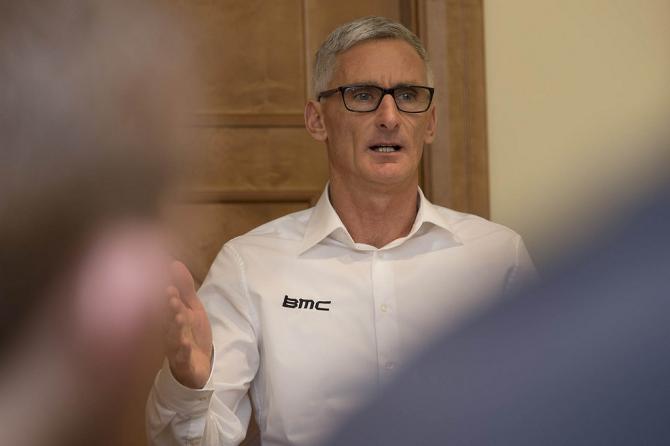
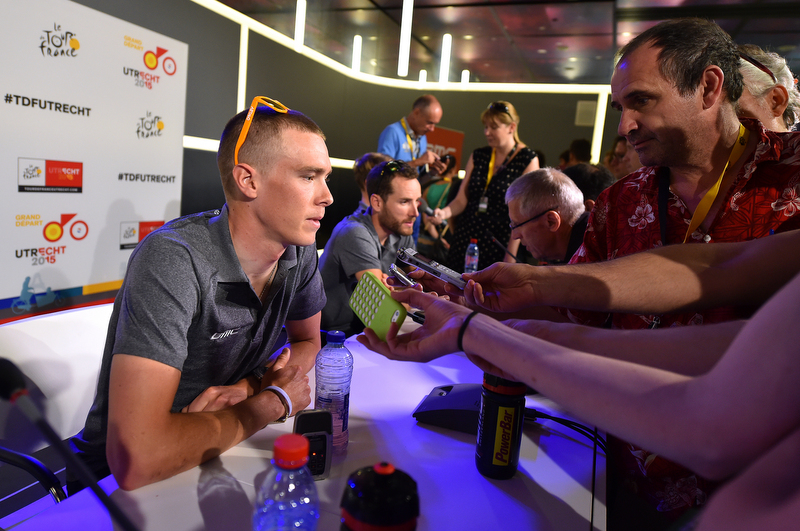
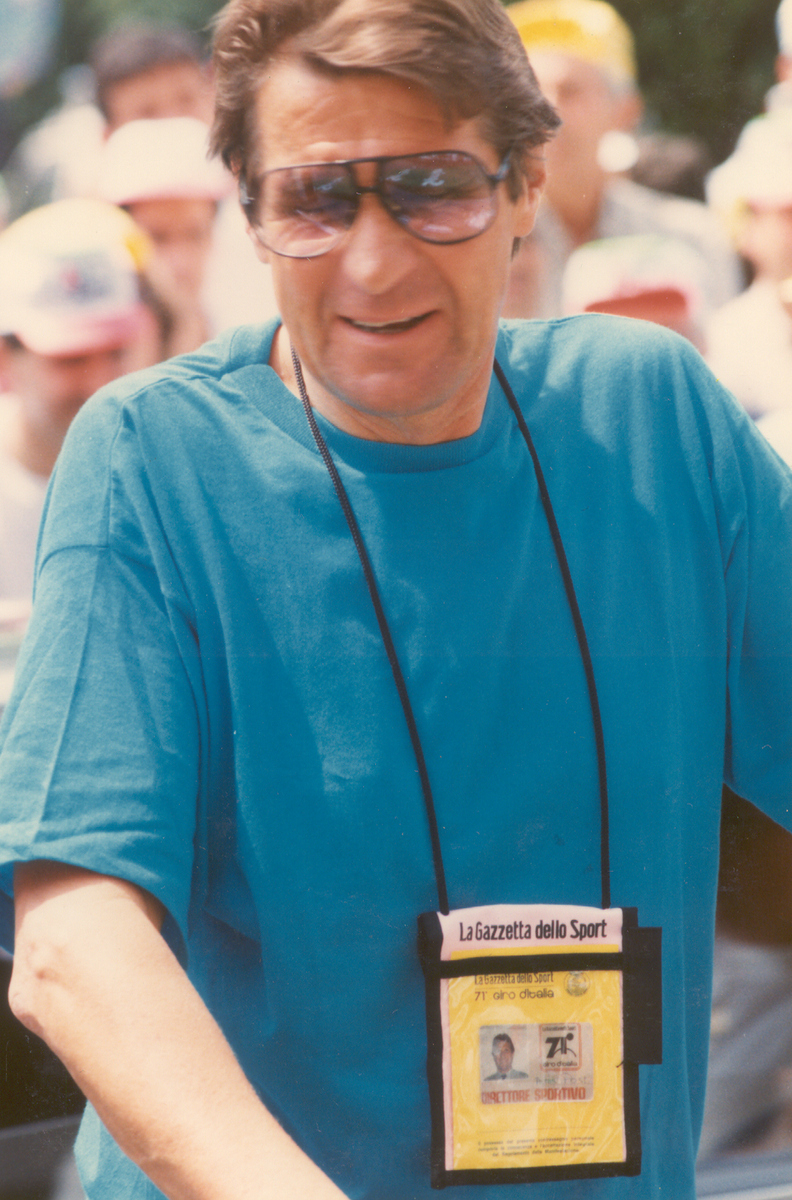
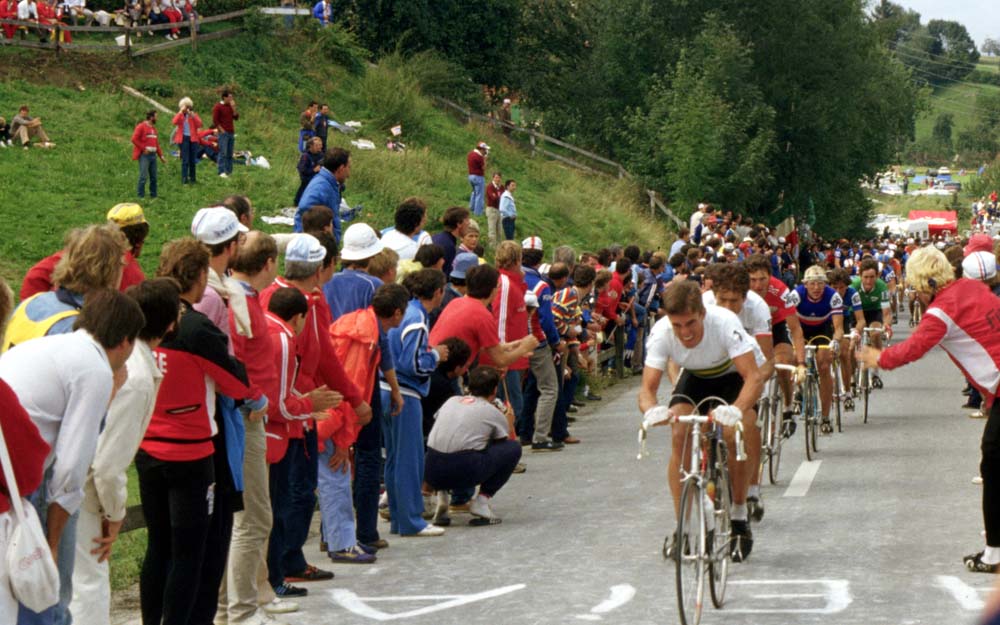
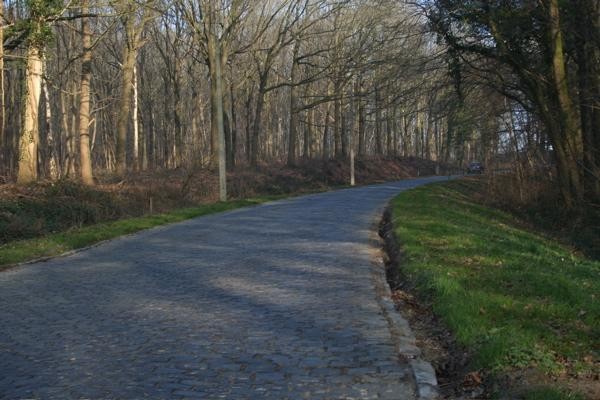
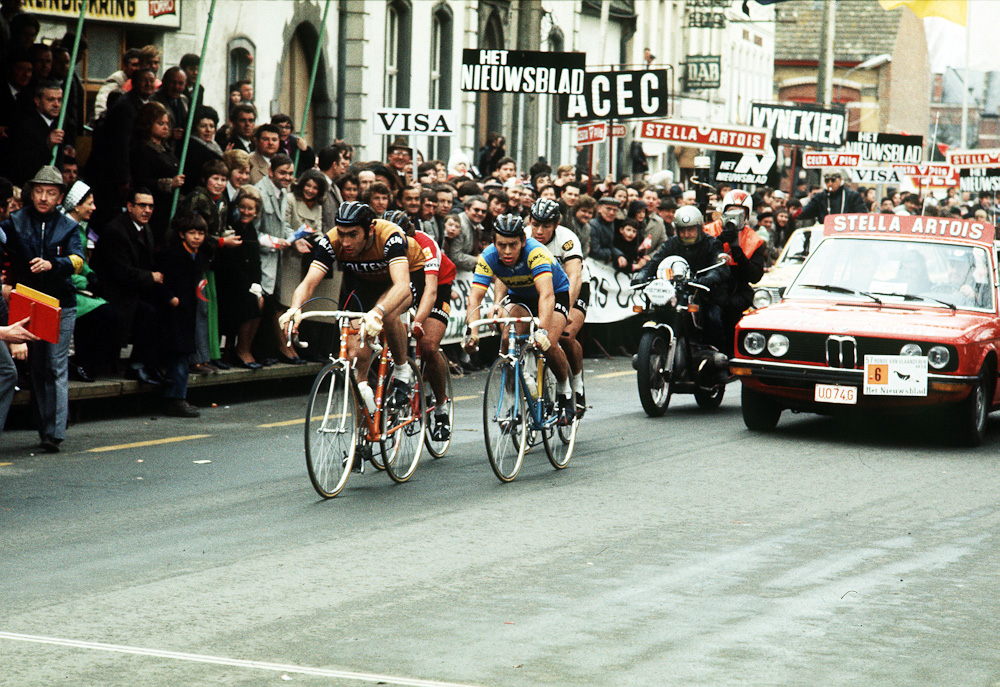
As the 100th Tour of Flanders nears, Rupert Guinness turns back the clock to reflect on the impact of his first day following the race in 1987 as a wide eyed arrival on the European scene when coverage like what we receive today would have been a pipe dream
It is April 5, 1987. Allan Peiper sits down to explain how the Tour of Flanders just unfolded.
I have little comprehension. It was the first staging of the great Classic that I have seen, let alone followed as a journalist. Suffice to say, my only knowledge of it is due the features I read and photographs of the race that I look at over and over in the cycling magazine Winning Bicycle Illustrated that lands on Australian news stands six months after the race.
After following 7 hours 15 minutes 30 seconds of racing in a media car over a trail of cobbled 'bergs' on narrow farm roads littered with sharp lefts and rights and lined with a cycling crazed crowd like none I had ever seen, my mind is simply awash with confusion.
I am a long, long away from the grassy knoll and a handful of spectators at the finish line to the 1984 Victorian road championships back in Australia – the first road race I have covered.
Peiper's offer to talk of the Tour of Flanders – locally named the 'Ronde van Vlaanderen', or 'De Ronde' – is a blessing, especially considering that I have just taken up the editorship of Winning's English edition published in nearby Brussels and face the task of putting together the magazine's next coverage of the great classic. But Peiper's is no ordinary race account.
Peiper is a rider on the powerful Dutch Panasonic team. After making the decisive break, he placed 10th – his best in the "Belgian world championship" until he was seventh in 1989 – at 1 minute to Belgian winner Claude Criquielion (Hitachi). Peiper finished with nine riders, including his Belgian teammate and 1985 champion Eric Vanderaerden who has been beaten for second place in a sprint by Irishman Sean Kelly (Kas) and has had to settle for third.
Get The Leadout Newsletter
The latest race content, interviews, features, reviews and expert buying guides, direct to your inbox!
The pain of defeat …
Peiper and I are seated in the kitchen of his home in Meerbeke, [then] only several hundred metres from the Tour of Flanders finish line. But on this occasion, the house is not so much home to Peiper or his [former] wife Christina, but 'home' to the Panasonic team for post race showers and recovery. With the win slipping their grasp, it is not a happy place to be in.
How much does the Tour of Flanders mean to a team that started fuelled by the belief that they could win it with Vanderaerden; or if not him, then with the rider who placed second to him as a teammate in 1985, Australian Phil Anderson?
You only have to look at the dirt matted and forlorn faces of those Panasonic riders as they arrive one by one from the finish line and begin preparing for their turn in the shower.
Then you look at the deeply frowned manager Peter Post who is pounding back and forth from where Peiper and I sit, to his crestfallen riders in the living room who failed to reward him with the win and answers as to what went wrong. Post's frustration builds with every stride, forcing Christina to weave around him as she continued to serve them hot tea, coffee or soup.
Peiper, meanwhile, continues his account of the race that saw Criquielion's winning solo move on the Bosberg, [then] the second last of 13 climbs with 10km of 274km left to race.
And somehow, Peiper does it without raising an inkling of suspicion from Post as to who is the stranger with a note pad that he is talking to. It is Peiper's house, yes; but at this point in time it is more so the Panasonic change room [or in today's environment, akin to the team bus] where journalists are understandably not welcomed unless invited by the team.
Hence, as grateful as I am for Peiper's willingness to help me learn, I am as relieved that Post is no more aware of my presence when it comes for me to leave for the press room.
Fast forward to today …
In the years since that 1987 race, my love of the race that on Sunday will celebrate its 100th edition has only grown, even if no Australian has won the race.
I love the tradition of the event and what it means to those who race it, especially the Belgians riders and their fans. I love that Flanders is such a major hub for bike racing. I love the historical significance of a region that has suffered two world wars, and the strength and loyalty of its people – Flemish and Walloons – to endure.
Their strength was shown so recently after the terrorist attacks in Brussels, where I lived four years, and after the tragic deaths of Belgian riders Antoine Demoitié, 25, from injuries after being struck by a motor bike following a crash in Gent-Wevelgem and Daan Myngheer, 22, from a heart attack after stopping in stage one of the Criterium International.
Then there is the race itself, including the challenges it pits the peloton against – from the need of a rider to have strength, punch, and speed on the bike, psychological resolve to suffer and optimal health. To have encyclopedic knowledge of the race route that can only garnered over years and how prevailing conditions can influence it, and to the tactical cunning required of a rider and his team to best execute their plan with all elements considered.
For sure, I hope that one day the podium will see an Australian stand on top as its winner – as Alex Edmondson did last year as the first Australian to win the Under 23 Tour of Flanders.
That hope is now as strong as what I felt for an Australian to one day win the Tour de France which Cadel Evans finally did in 2011 – a dream that lured me to Europe in the first place.
But Australians have come so close to winning 'De Ronde'. In 1988, Anderson repeated his second to Vanderaerden in 1985, this time beaten by another Belgian star, Eddy Planckaert. In 2009, Heinrich Haussler placed second at 59s to Belgian Stijn Devolder after finishing runner-up in Milan-San Remo behind Mark Cavendish in a showing that could provide the IAM rider with a kick on Sunday after his seventh place in this year's Milan-San Remo.
And then there was the now retired Stuart O'Grady's third place in 2003, followed by his 10th place in 2007 – the year he went on to become Australia's first winner of Paris-Roubaix.
If an Australian wins this year? Sure, I would be thrilled and no doubt wanting to write on it.
More importantly though, I hope for a terrifically fought Tour of Flanders in its 100th edition. And all in all, I hope for a race that measures up to all that I saw was at stake after I first followed this great Classic on the faces of those Panasonic riders and Post the afternoon of April 5, 1987.
Most of all, and in light of recent tragedy, I hope for a race that shows all that is great about Belgium and its people and by Sunday night leaves us all feeling that much better for it, notwithstanding our ongoing thoughts for the losses still to be felt by so many.
Rupert Guinness first wrote on cycling at the 1984 Victorian road titles in Australia from the finish line on a blustery and cold hilltop with a few dozen supporters. But since 1987, he has covered 26 Tours de France, as well as numerous editions of the Giro d'Italia, Vuelta a Espana, classics, world track and road titles and other races around the world, plus four Olympic Games (1992, 2000, 2008, 2012). He lived in Belgium and France from 1987 to 1995 writing for Winning Magazine and VeloNews, but now lives in Sydney as a sports writer for The Sydney Morning Herald (Fairfax Media) and contributor to Cyclingnews and select publications.
An author of 13 books, most of them on cycling, he can be seen in a Hawaiian shirt enjoying a drop of French rosé between competing in Ironman triathlons.